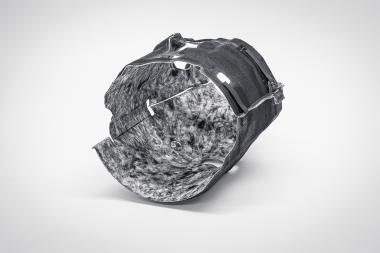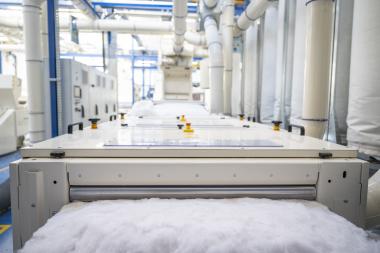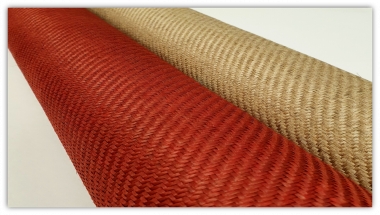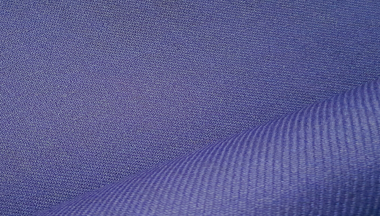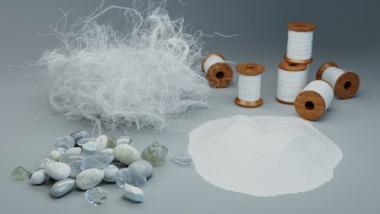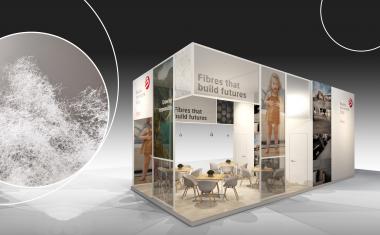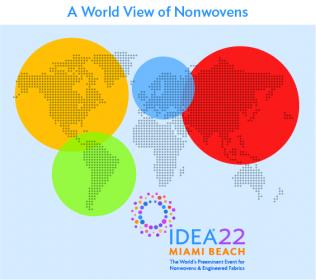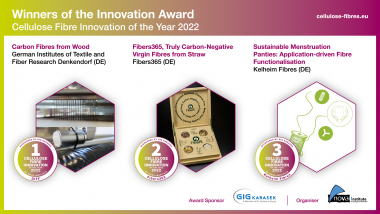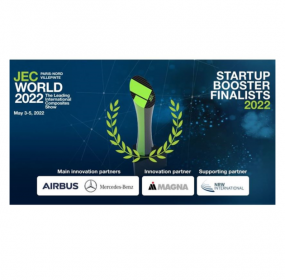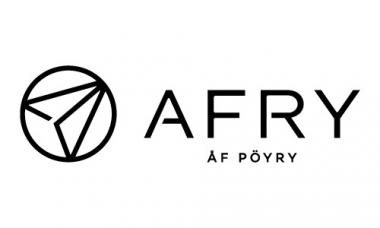Successful SMCCreate design conference in Antwerp
With over 60 participants from Europe and Turkey, the first SMCCreate Design Conference took place in Antwerp from 28-29 June. The conference was jointly organised by AVK – Federation of Reinforced Plastics and the European Allicance for SMC BMC. The topics covered the wide spectrum of SMC and BMC manufacturing, from design to sustainability solutions. 16 speakers from different European countries showed what is important in component manufacturing and design, and which solutions the companies offer in regard to materials, performance and much more.
After an overview of the general market developments and how the economic requirements affect component manufacturing, the focus was on the possibilities to enable sustainable design with SMC/BMC. In the second conference section „part design“, the topics of design and modelling, design with structural analysis and flow simulation, standards, and best class solutions as well as surface modification were presented.
A rather newer field was highlighted on Day 2 with Carbon SMC, discussing mobility and automotive applications. These included the integration of multiple material technologies, not forgetting the possibility of implementing green deal strategies here too. The advantages of SMC in automotive components for electrification were explained in more detail. The conference concluded with a sporty presentation on the development of a carbon SMC rear frame for a downhill mountain bike.
AVK - Industrievereinigung Verstärkte Kunststoffe e. V. AVK European Alliance for SMC BMC
AVK - Industrievereinigung Verstärkte Kunststoffe e. V.










